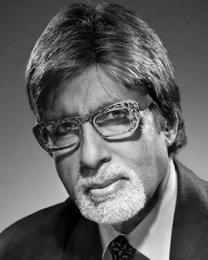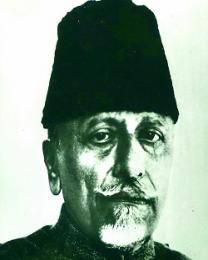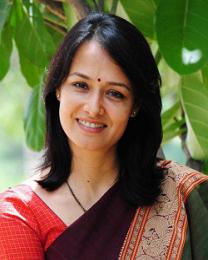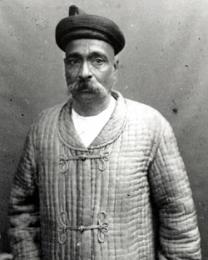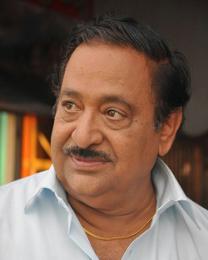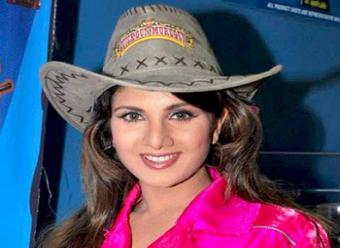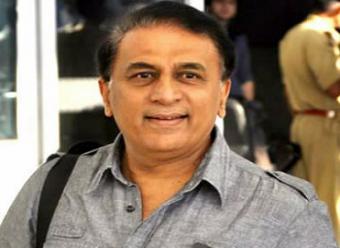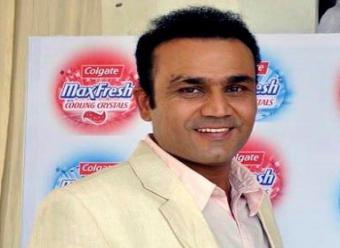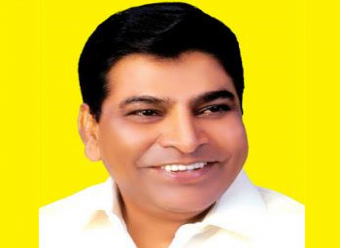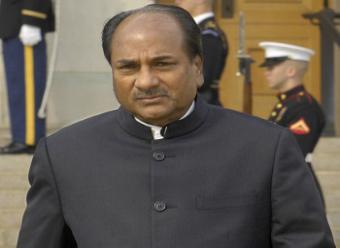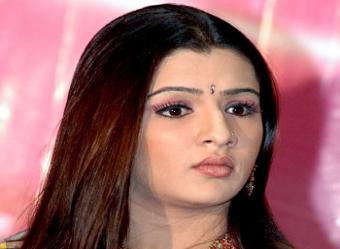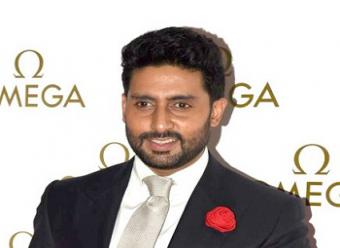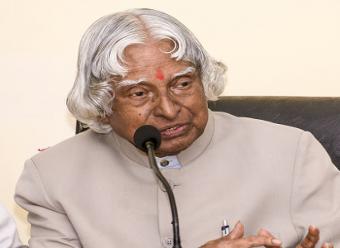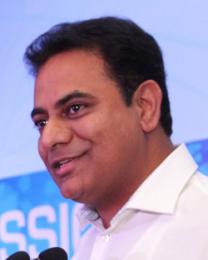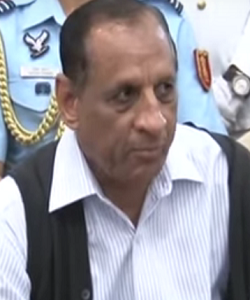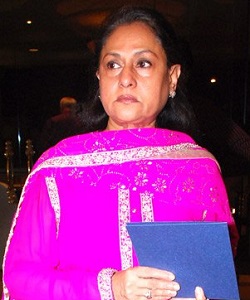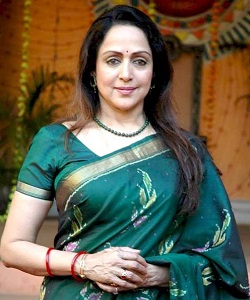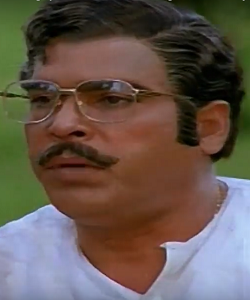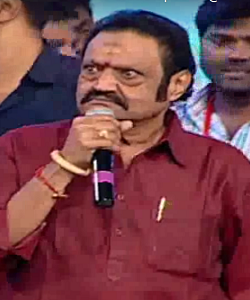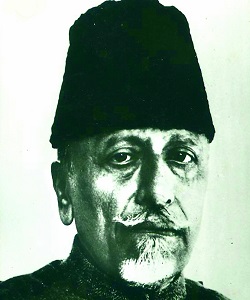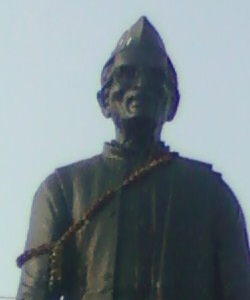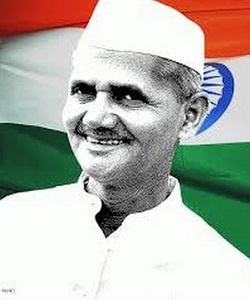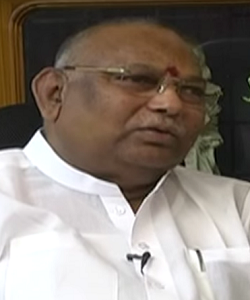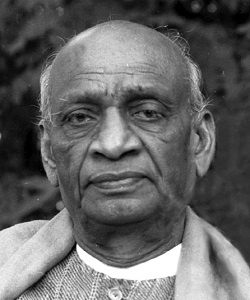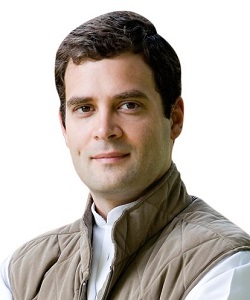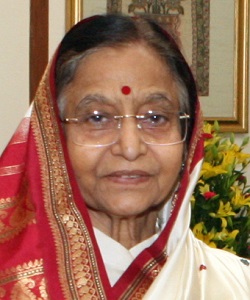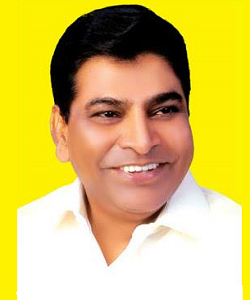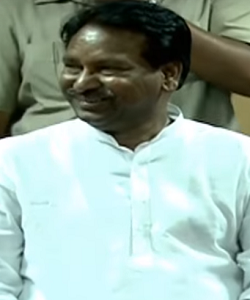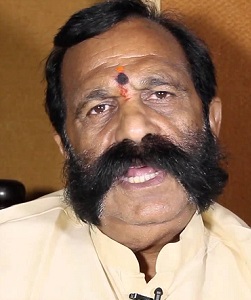Birth Name : Narendra Damodardas Modi
Date of birth : 17/09/1950
Place of birth : Vadnagar, Bombay State, India
Category : Politicians
Awards
e-Ratna award, Computer Society of India (2011)
eGov 2.0 Award, eGov magazine (2010)
fDi Personality of the Year Award, fDi Magazine (2009)
Best Chief Minister in the country, India Today Opinion Poll (2006)
Gujarat Ratna, Shri Poona Gujarati Bandhu Samaj
CNBC TV 18 Award, for outstanding contribution to the cause of Indian business
Position Held
Chief Minister of Gujarat
National Secretary of the Party
General Secretary of Gujarat BJP
Early Life
Modi joined in BJP in the year 1987. His electoral strategy was central to BJP's victory in the 1995 state elections. Modi became the General Secretary of the BJP and was transferred to New Delhi where he was assigned responsibility for the party's activities in Haryana and Himachal Pradesh. In 1998, Modi was promoted to the post of National Secretary of the BJP. While selecting candidates for the 1998 state elections in Gujarat, Modi sidelined people who were loyal to Vaghela and rewarded those who favoured Patel, thus ending factional divisions within the party. His strategies were key to winning those elections.
As A Chief Minister
He has improved the Gujarath state agricultural output substantially, in large part due to projects relating to improvement of groundwater supplies in Saurashtra, Kachchh and the north, as well as efforts to increase the use of micro-irrigation and to provide more efficient power supply to farms. Public irrigation measures in the central and southern areas, such as the Sardar Sarovar Project, have not been so successful in achieving their aims.
The system of supplying power to rural areas has been changed radically and has had a greater impact on agriculture than the irrigation works. While states such as Andhra Pradesh and Tamil Nadu provided free electricity to farms, and most other states provided subsidised power, the Gujarat government between 2003–2006 reacted to concerns that such measures result in waste of the power supplied and of groundwater itself with the Jyotigram Yojana scheme, based on ideas developed by the International Water Management Institute. Agricultural supplies were rewired to separate then from other rural supplies and then the electricity used by farms was rationed to fit with scheduled demand for irrigation and consequently to reduce the amount of subsidy being paid. The farmers objected to this at first but came to realise that the outcome was that they were receiving a supply that suffered less from interruption, was of a more consistent voltage and was available when they most needed it for irrigation purposes. Other states have since begun to adopt similar, although not identical, strategies.
As A central politician
In March 2013, Modi was appointed as member of the BJP Parliamentary Board, its highest decision-making body, and also as a Chairman of the party's Central Election Campaign Committee. Modi was selected to head the poll campaign for 2014 parliamentary election, at the national level executive meeting of BJP on 10 June 2012. In September 2013, BJP announced Modi as prime ministerial candidate for the 2014 Lok Sabha polls.



